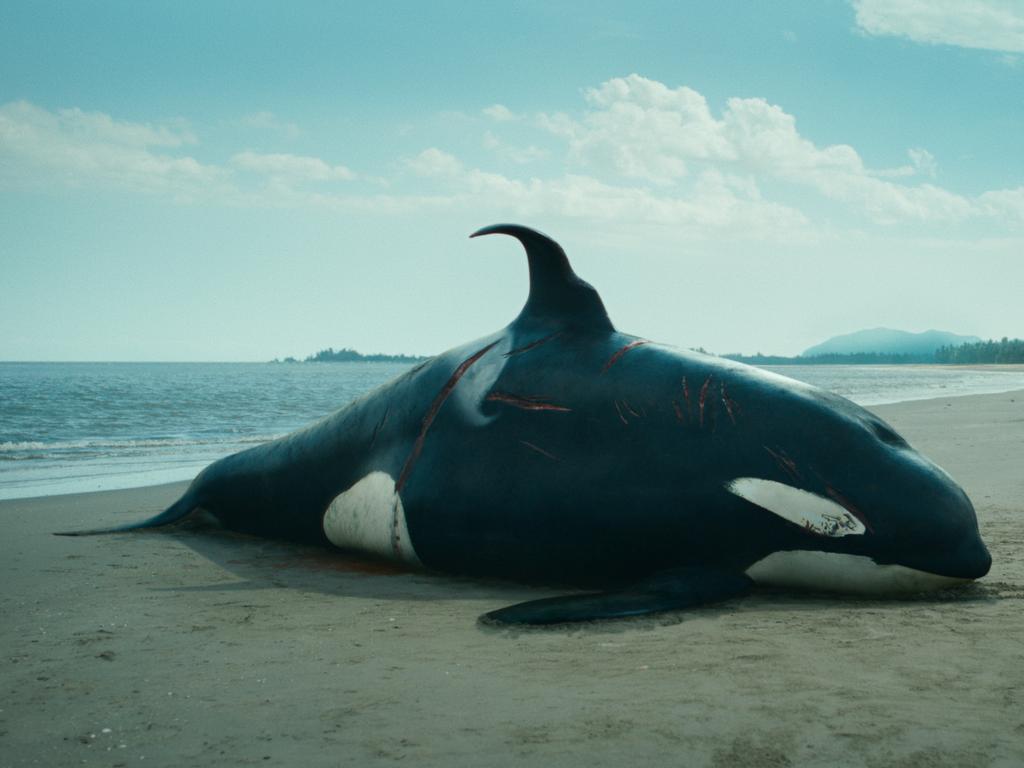Boat-bashing orcas: pods of war, or maritime pranksters?
Orca ‘attacks’ on boats have puzzled experts – but all-out conflict with humanity is unlikely.

When the history of the Great Orca Revolt is finally written, will this be the turning point?
For three years, orcas named Gladis have been menacing shipping in the Strait of Gibraltar. They have been raking hulls, tearing off rudders and ramming boats. Yachts have been immobilised, scientists baffled.
Then, last week, Wim Rutten, a Dutch yachtsman fishing for mackerel between Shetland and Norway, 2000 miles (3220km) from the scene of the orca onslaught, felt a bash on his hull. And another, and another. What was most frightening, he said, was hearing the loud breathing of the orca as it came in for another pass.
Has the uprising spread to Scotland? Probably not, say scientists. And, they add, please stop using words such as “attack”, “menacing” and “uprising”.
Still, they concede, it does seem that something is up with the orcas.
No one knows why killer whales began roughing up sailing boats off the Iberian peninsula. The first case was recorded in mid-2020. By August, they were common enough that scientists had formed a working group to collate what are now hundreds of incidents.

The behaviour seems to centre on a pod of more than 30 orcas, some with old injuries, possibly from contact with boats and fishing gear. There appear to be three leaders: White Gladis, Black Gladis and Grey Gladis. All boat-bothering orcas are given the moniker, a nod to the animals’ old scientific name, Orca gladiator.
There was, the scientists established, a pattern. “Normally,” the working group wrote in a paper analysing the unprecedented behaviour, “killer whales approached from the stern quickly and stealthily.” The crew knew nothing until they felt contact on the hull. “The animals either push the rudder with their heads or make a lever movement with their bodies, causing the rudder to turn, in some cases pivoting the boat almost 360 degrees.”
Resistance was futile. The faster the crew went or the more they sought to control the wheel, the more and stronger the killer whales pushed. The rudders sometimes snapped. The animals then lost interest and swam away.
Last summer, a Dutch sailing team was ambushed during a leg of the Ocean Race. After a similar incident in another race, the orcas were described as having a “modus operandi”.
What is going on? Alfredo Lopez, from Campus Universitario de Santiago in Portugal, said it could not be discounted that humans started it – at least from the point of view of the orcas – perhaps by snagging a Gladis on a fishing line. It could be, he said, that “one or several individuals have had a bad experience, and try to stop the boat so as not to repeat it”.
Rob Lott, of Whale and Dolphin Conservation, said: “Orcas are supersmart and incredibly behaviourally complex. We have no idea what they say to each other, but we know they have dialect, and a deep culture. [This is possibly] play behaviour.”
This is not unheard-of. In the 1980s, one pod developed a puzzling trend of putting salmon on their heads and parading them above water like hats. Then as quickly as it started, it stopped.

The Scottish incident could be unrelated. Perhaps the orca was simply after the same mackerel as the yachtsman.
But even if the orcas are not revolting, that doesn’t mean they don’t have good cause. This week a committee of British MPs criticised the “incoherent” approach to protecting “precious marine mammals”.
Lott acknowledged humanity’s guilt. “We’ve hunted them, we’ve ripped the youngsters away to put them in marine parks for so-called entertainment,” he said. But, if they were prone to revenge, “we would have seen it by now”.
The Times







To join the conversation, please log in. Don't have an account? Register
Join the conversation, you are commenting as Logout